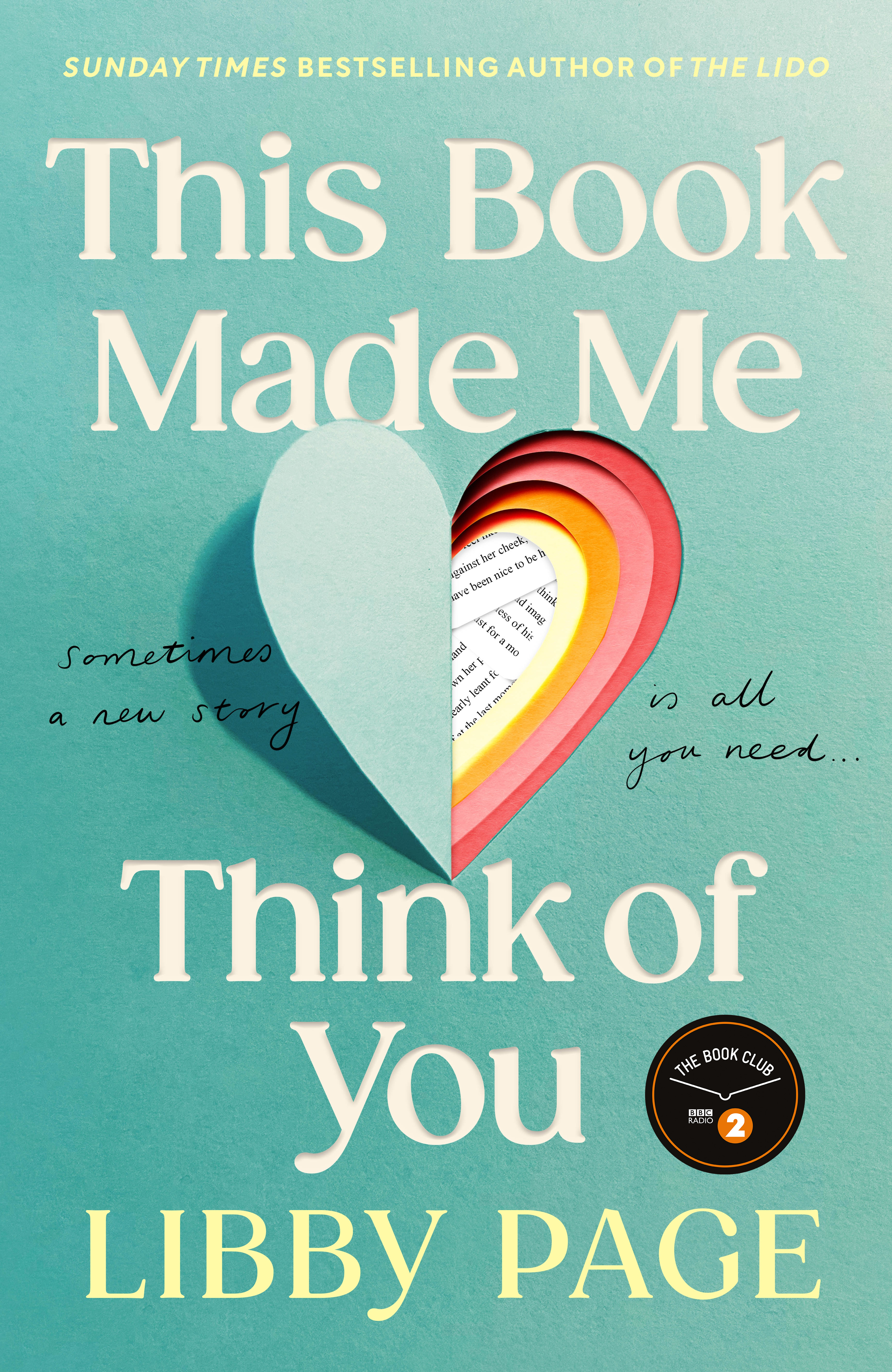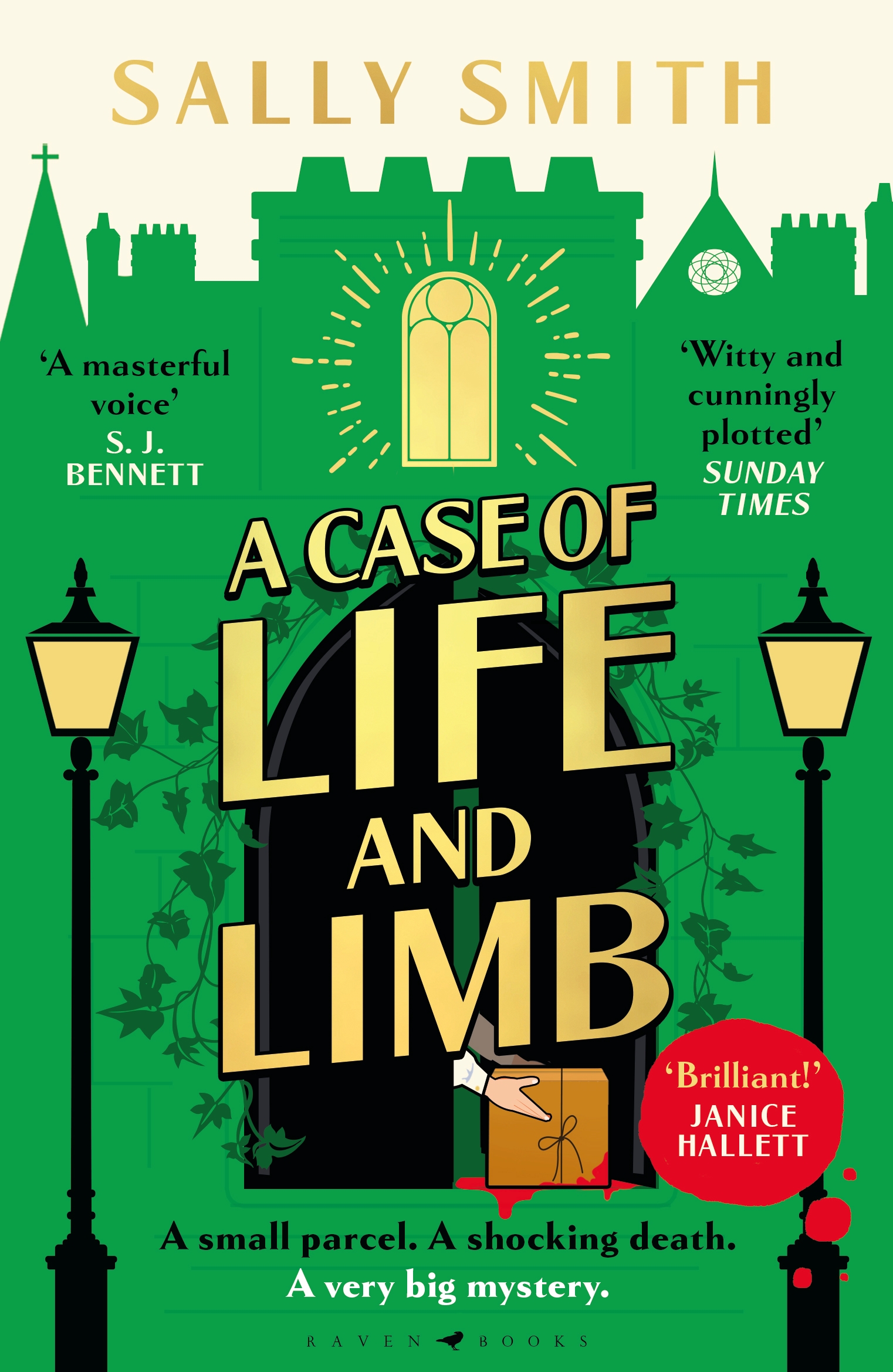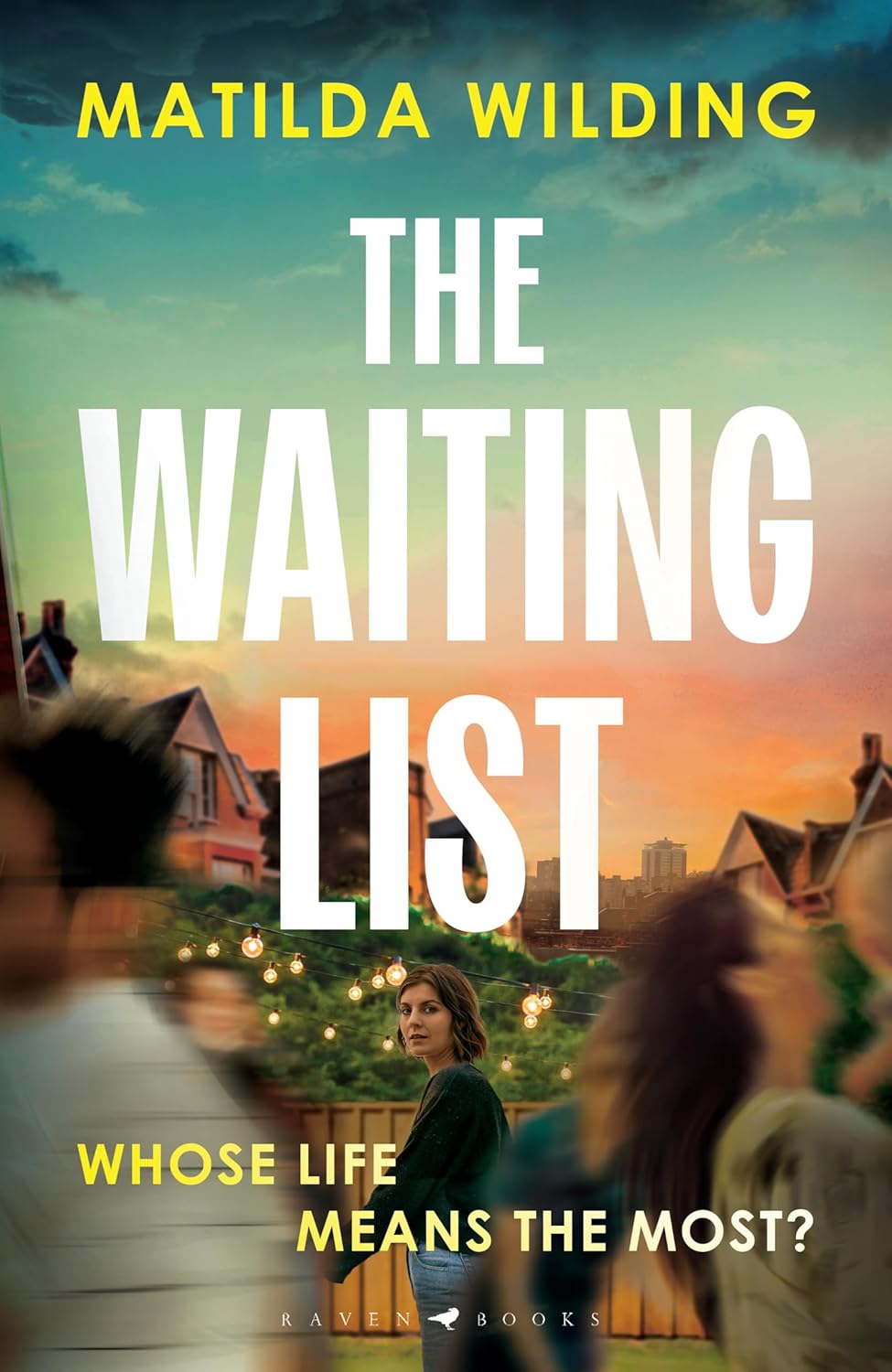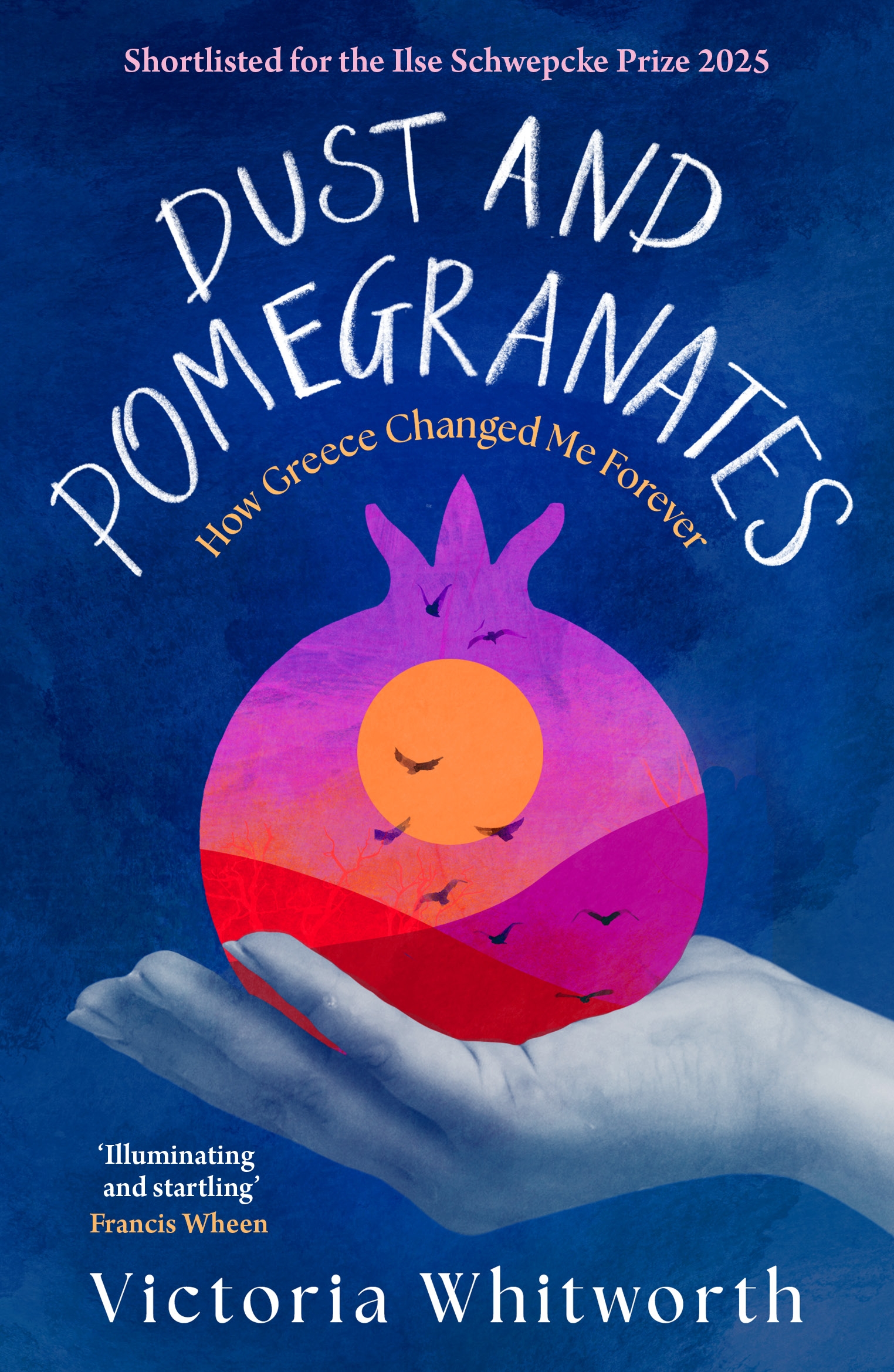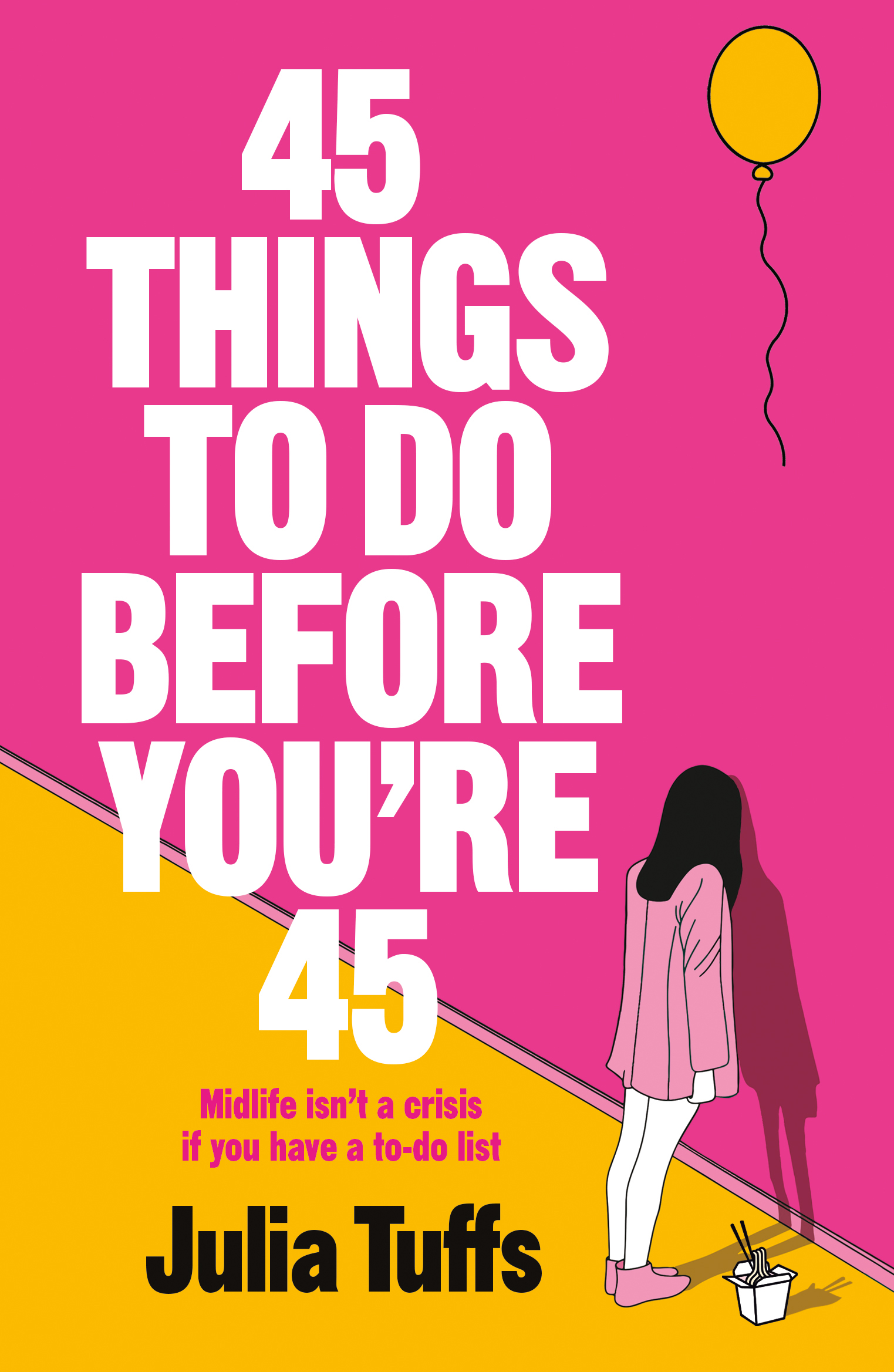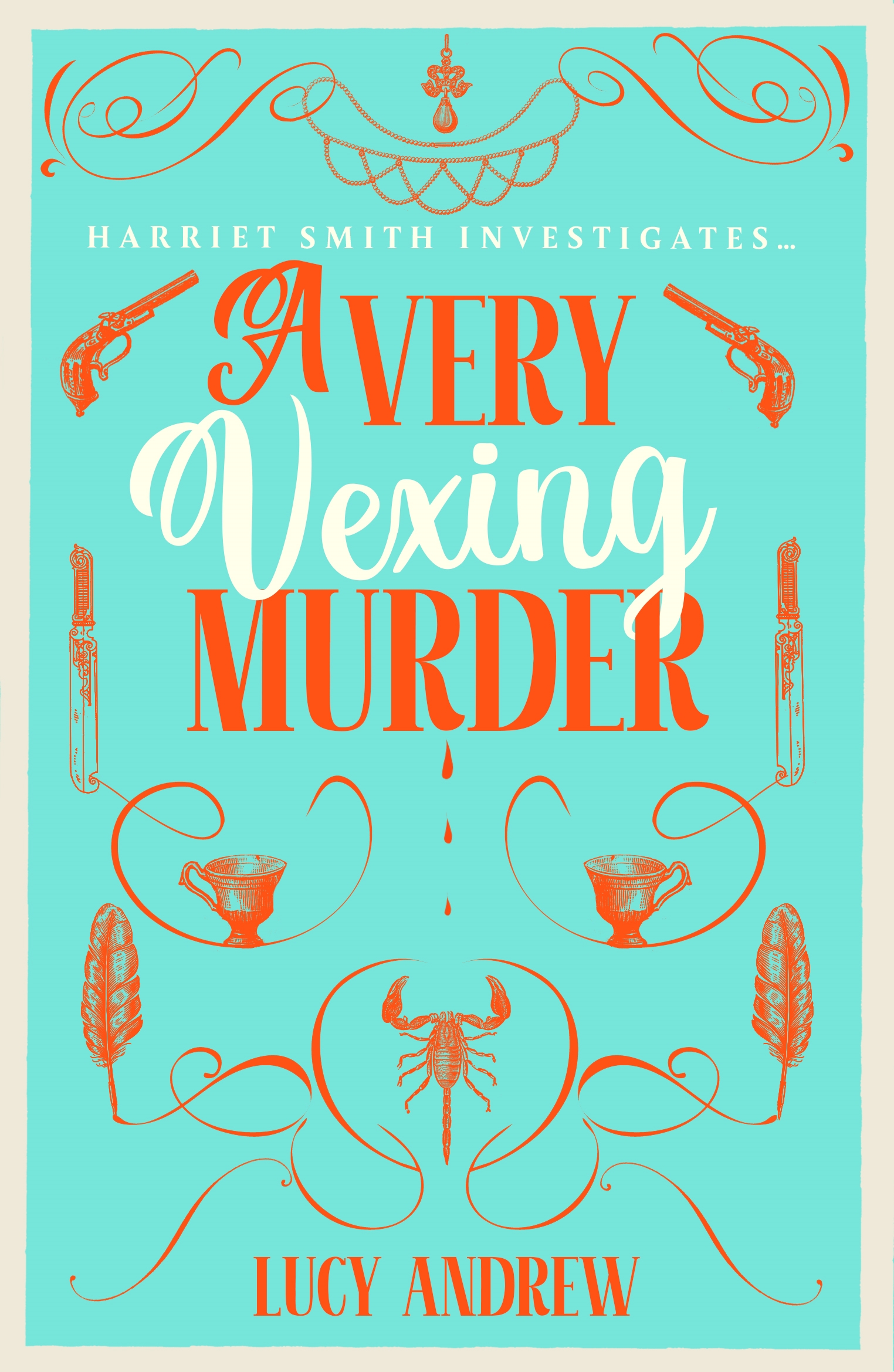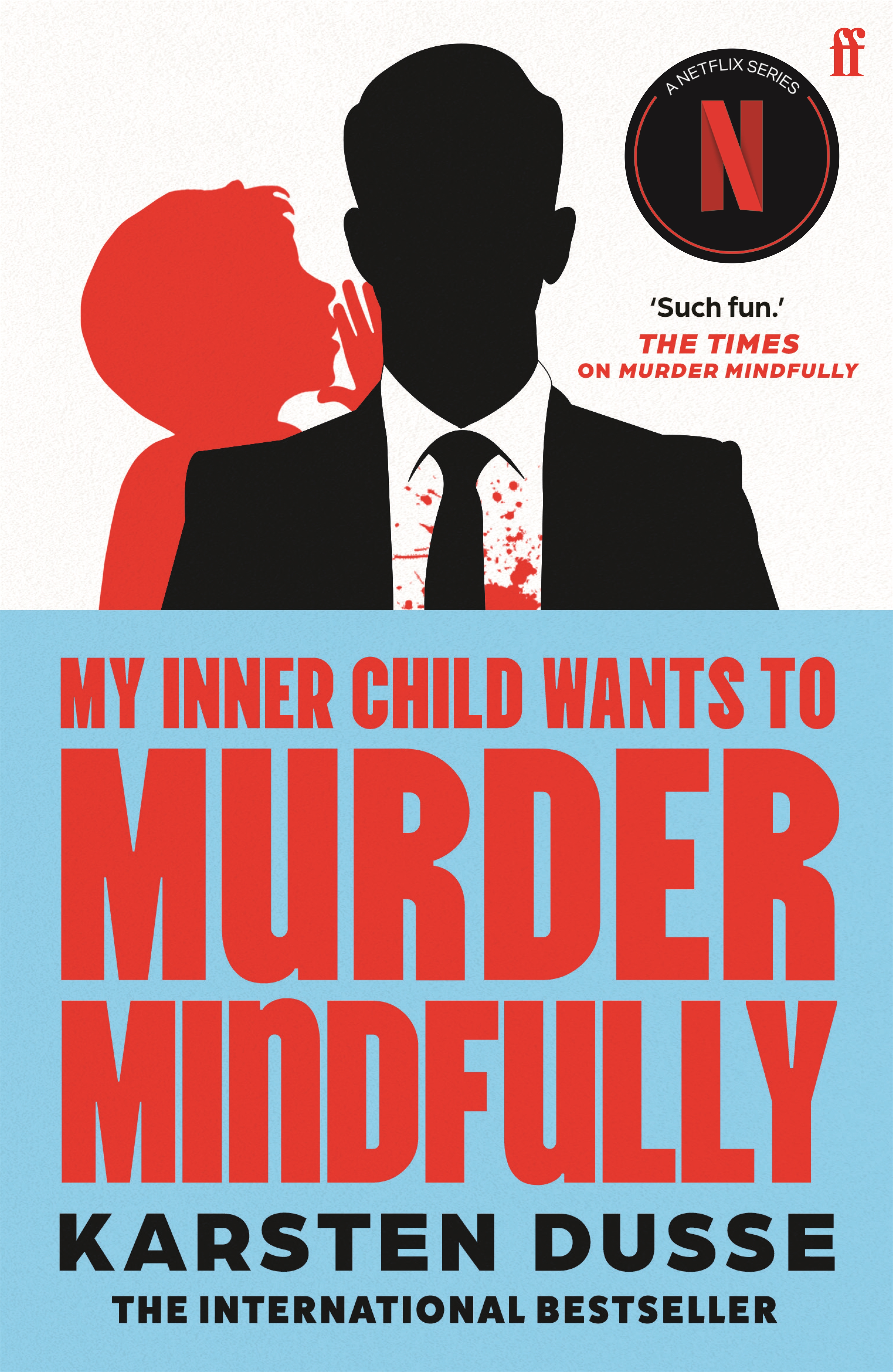The Extraordinary Hope of Dawn Brightside
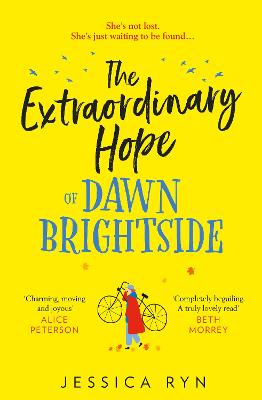
As seen:
By Jessica Ryn
avg rating
9 reviews
‘This is the book we all need right now: a story of kindness and hope. I absolutely loved it’
Anstey Harris, bestselling author of Richard and Judy Book Club pick The Truths and Triumphs of Grace Atherton She’s not lost. She’s just waiting to be found… ‘Completely beguiling – a messy, loveable cast of characters with Dawn at the centre, bringing the light. A truly lovely read’Beth Morrey, Sunday Times bestselling author of Saving Missy
Dawn Elisabeth Brightside has been running from her past for twenty-two years and two months, precisely. So when she is offered a bed in St Jude’s Hostel for the Homeless, it means so much more than just a roof over her head. But with St Jude’s threatened with closure, Dawn worries that everything is about to crumble around her all over again. Perhaps, with a little help from her new friends, she can find a way to save this light in the darkness? And maybe, just maybe, Dawn will finally have a place to call home…. The utterly charming feel-good debut novel of summer 2021 to curl up with. TweetReviews
I enjoyed this - a good view into the issues faced by homeless people, maybe rose-tinted glasses about how it all worked out, but well-written and a good light read.
I would recommend this book.
This is a heart-warming, easy to read story. It tackles the issue of homelessness and mental health, although at times it was difficult to read, it was done in a very compassionate and sensitive way. Ultimately it was uplifting.
An enjoyable debut novel, with thought provoking insights into a number of topics such as homelessness, addiction and adoption.
I did have a few niggles with the book though. I felt the title is a bit too similar to other 'character books' such as Eleanor Oliphant, especially when this book is often about two main characters - Grace and Dawn. Also much of the 'action' takes place in the second half of the book, and some important parts seem to be 'skimmed' over very quickly.
I will be interested how the author's style develops in her second book.
This book feels like it's trying to fill the shoes of Eleanor Oiliphant is Completely Fine (everything from the focus on mothers and daughters to the protagonist's strange name and the bright yellow cover), but it never manages the same level of emotional depth and character realism.
While I liked most of the characters in this novel, they all tended to feel like Hallmark movie cutouts, rather than real people. It felt like everyone in the novel was just a naturally good person, and all bad things were just misunderstandings. All the homeless people at the hostel, for instance, were just such nice people, who didn't seem to have any lasting scars from their time on the streets, or the hurt they'd suffered before. Particularly as I've been reading books like Poverty Safari, which discuss the long-lasting mental impact that living in poverty has, all of these characters seemed to be acting in a way that was completely out of synch with what they'd had to go through.
Other than the far too happily-ever-after nature of the book, there was a lot to like. Dawn was an engaging character, and I quite liked Grace, too. The use of the double narrative was helpful in providing interest and balance, and offering a more comprehensive look at what was going on at the hostel. Homelessness is a major issue, and this novel manages to provide a glimpse into what it's like, and the many different reasons why someone might be experiencing homelessness. It is a really heart-warming story, if perhaps too much so at times, and made a lovely read just before Christmas.
My other major issue with the book, though, was Grace and one of the young men staying in the hostel. The book frequently admits that the hostel manager having a relationship with a "service user" is highly inappropriate, yet, when Grace does the right thing and pulls back, that's treated by the book as a bad decision. Ultimately, she's encouraged to go forward with the relationship because she needs to care about her own happiness, as well as the happiness of others. While aspects of the romance were sweet, I just couldn't get over how inappropriate their relationship was, and how frustrating it was that the book seemed to essentially treat the whole thing as, "they're both happy so it's okay."
Overall, it's a nice light read with a few tear-jerking elements, but it lacked the depth it needed to really engage me.
Goodreads review: https://www.goodreads.com/review/show/3747104735
It took me a little while to get onto this book, but towards the end I was hoping that everything would work out for the residents of St Judes. Delivering a strong message about homelessness and the plight of its support services, the book was nevertheless a lovely 'feel good' read.
The one aspect of the story that I was uncomfortable with was the relationship between Grace and Jack, which would be absolutely taboo in the real world.
Putting this aside, I thought that this was a strong debut novel, and look forward to reading more from this author.
I found this book was just what I needed after a difficult and depressing year- a ray of sunshine peeking over the horizon. Although it deals with complex and often difficult and depressing issues- as well as homelessness, mental health issues, depression, family problems, addiction and rape are all touched upon- it is ultimately an uplifting story of hope.
Dawn is a complicated character, always trying to help others, despite having unresolved issues in her own life. It is a thought-provoking insight into the lives of homeless people as we meet the other residents of St Jude's hostel when Dawn gets a room there, enabling us to reflect on the many and varied causes of homelessness.
I read it in just a couple of days and loved it. It had a good storyline that drew me in, characters I cared about and wanted to find out what happened next to them, and ultimately a feeling of brightness conquering darkness and hope and friendship overcoming adversity. The only downside was finishing it!
This book was, at times, an uncomfortable read, but it was interesting and informative too. The characters are well drawn and I was given a glimpse into an area of life about which I knew very little and held many misconceptions. I feel that the author has more to tell about these characters and I am keen to follow them as they put their time on the streets behind them. Continue the story please Jessica.
Dawn has spent the last couple of decades living on the streets, clearly running from a past which we know nothing about. When we meet her she is in Dover and her dreams come true when she is offered a room in St Judes, a hostel for the homeless which is run by Grace, a young, dedicated social worker. The hostel is populated by an eclectic mix of characters who each have interesting back stories, many of which are revealed as the book progresses. When funding issues threaten St Judes with closure, Dawn instigates a campaign to raise money to save the place which she now calls home.
I really enjoyed the second half of this book which had a structure, a purpose and a good storyline. Dawn and Grace take turns to be the narrator and we find out quite a lot about their lives, their motivations and their personal struggles as they reveal more about themselves. We also get to know the other characters in the hostel and I really began to root for all of them, desperately wanting things to work out OK. There are ups and downs as well as heartbreaks and heart-warming moments aplenty and it really is an uplifting book, filled with hope and determination from a group of people who have had a pretty tough time of it, but who know how to help each other through the bad times. The book is also something of an eye-opener as I imagine that the subject of homelessness has been well researched and it is informative, scary and sad in equal measures. Personally I found that one of the most revealing things was the element of “there, but for the grace of God…” as many of the residents (and also their friends) did not fit into my naïve stereotype of a homeless person.
However, I do have mixed feelings about this book as I struggled with the first
half which I found disjointed, slow and confusing. During this part of the book I couldn’t get my head around Dawn, the main character. Not only did I not particularly like her (not an essential attribute but it helps) but I didn’t understand where she was coming from and found her very irritating. Her behaviour patterns were random with no explanation given and I found it impossible to form a picture of her that made any sense (I’m not sure that this problem was entirely solved in the second half of the book but I enjoyed it despite that).
I would recommend this book, despite my misgivings, as it does have a lot of things going for it including a big “feelgood” factor.
The Extraordinary Hope of Dawn Brightside is the story of two women whose paths briefly entwine, when Dawn is awarded a much-coveted place in a hostel, where Grace is the manager. Both are very good-hearted ladies; both care deeply about people. Grace is a charity-worker, whose hostel caters for the homeless, mostly for people recovering from an addiction to alcohol or drugs. Dawn is a divorced mother, who has slept rough for over twenty years. Each chapter is written through the eyes and the mind of one of these two characters, and it gives a revealing insight into their personalities. However, the first half of the book depicts them as popular stereotypes. Grace is shown as caring and sensitive, but completely lacking in organisational or managerial skill. Dawn is drawn as owning little more than the clothes she wears, but a person who can fritter her benefit money immediately on receiving it. Although she has few possessions and little means, she is very aware of consumer goods. When she observes someone with an object that attracts her, its price and the shop where it is available flash into her mind – possibly because she has sustained herself by petty shop-lifting. Dawn is never a person to obey the rules - she pilfers coffee and biscuits from the hostel café, in order to take a snack to her homeless friends who are still sleeping rough. She bright, kind and optimistic, and will help anyone who needs it, but she is often lonely and consoles herself by sending emails to her adult daughter, whom she imagines must be working abroad, maybe as a top executive jet-setting around the world. Once settled in the hostel, Dawn begins a romance with a friend who is a rough-sleeper. Nevertheless, she remains haunted by a shadowy red-haired figure from her past.
It is only when a crisis occurs, threating the hostel with closure, that Dawn breaks out of this stereotype and shows herself to be a person of initiative who can motivate others to follow her lead. But then Dawn experiences a personal crisis, exposing to her (and to the reader) that her self-image results from hallucination or drug abuse. It emerges that a couple of days after giving birth to her daughter, while in a state of depression, her husband had walked out on her and Social Services removed her daughter for adoption. For more than twenty years she has had no contact with either of them. Following a friend’s death, her romance grew from hallucinations that he was still alive.
As her personal crisis resolves, the depth of Dawn’s true character is revealed, as she mobilises the hostel’s residents and its staff to combat the threat of closure. The author skilfully draws together the threads of the story, progressively revealing the real characters of Dawn and Grace, as well as other staff and residents.
It is a very well-written and perceptive novel, exploring the issues of homelessness and drug and alcohol addiction. However, without understanding the perspective of the book, the opening chapters can appear tedious and irritating. It introduces people who have suffered, because others are prejudiced against those who are different to themselves. It shows that everyone is an individual with a place in the world. It knows that everyone needs love and hope, and kindness and friendship. In these dark days it is a book to lift the spirit.
